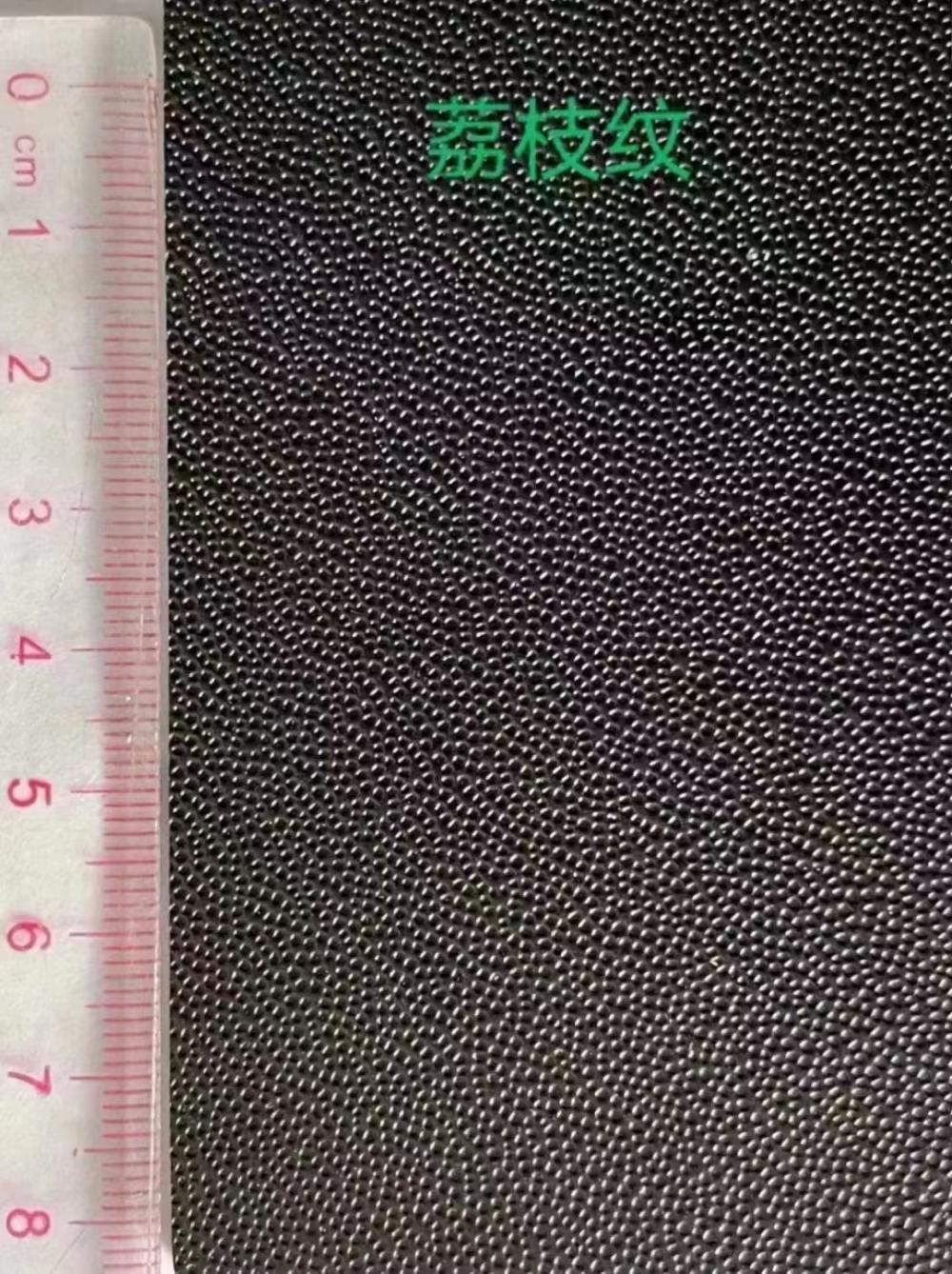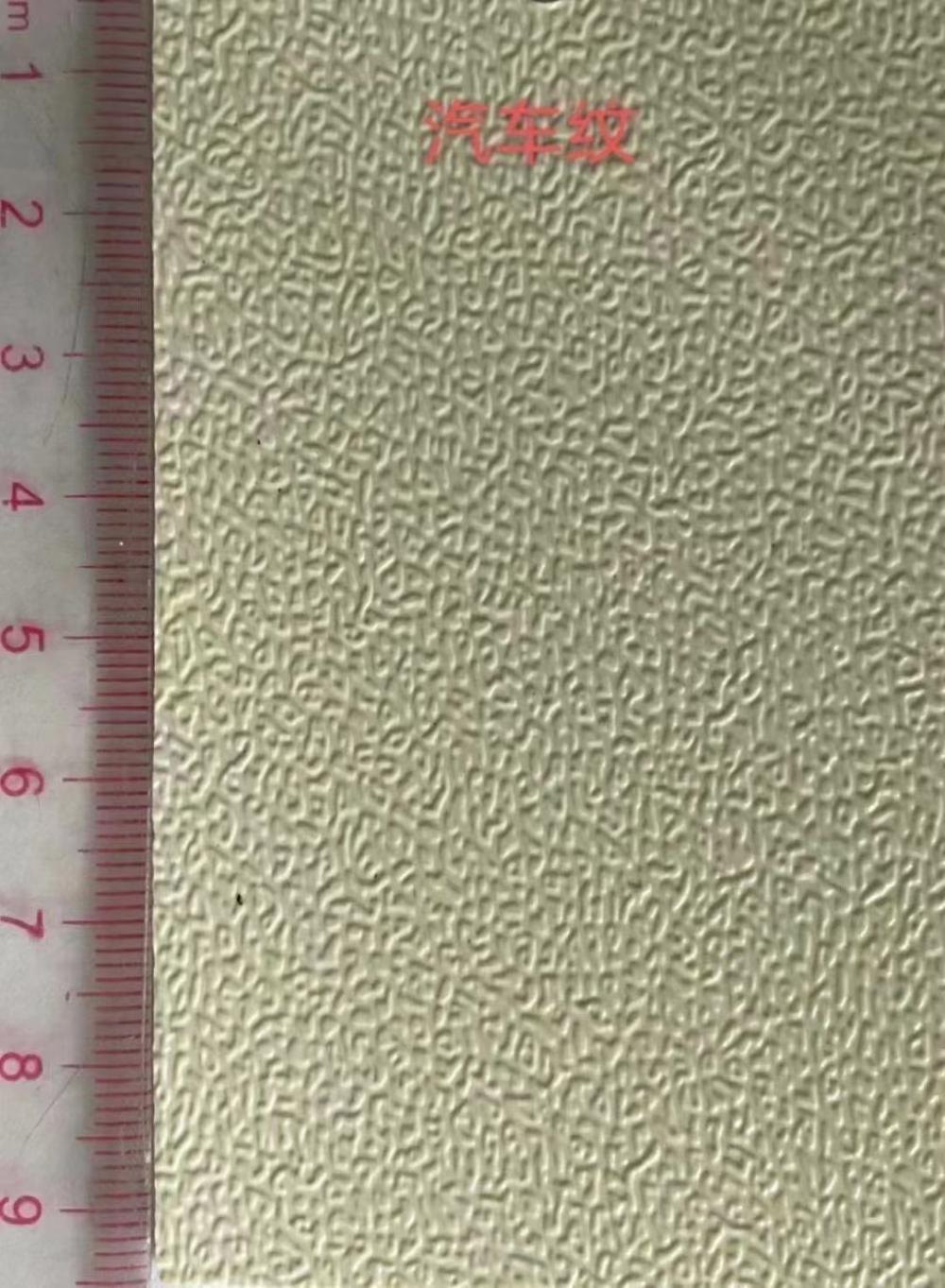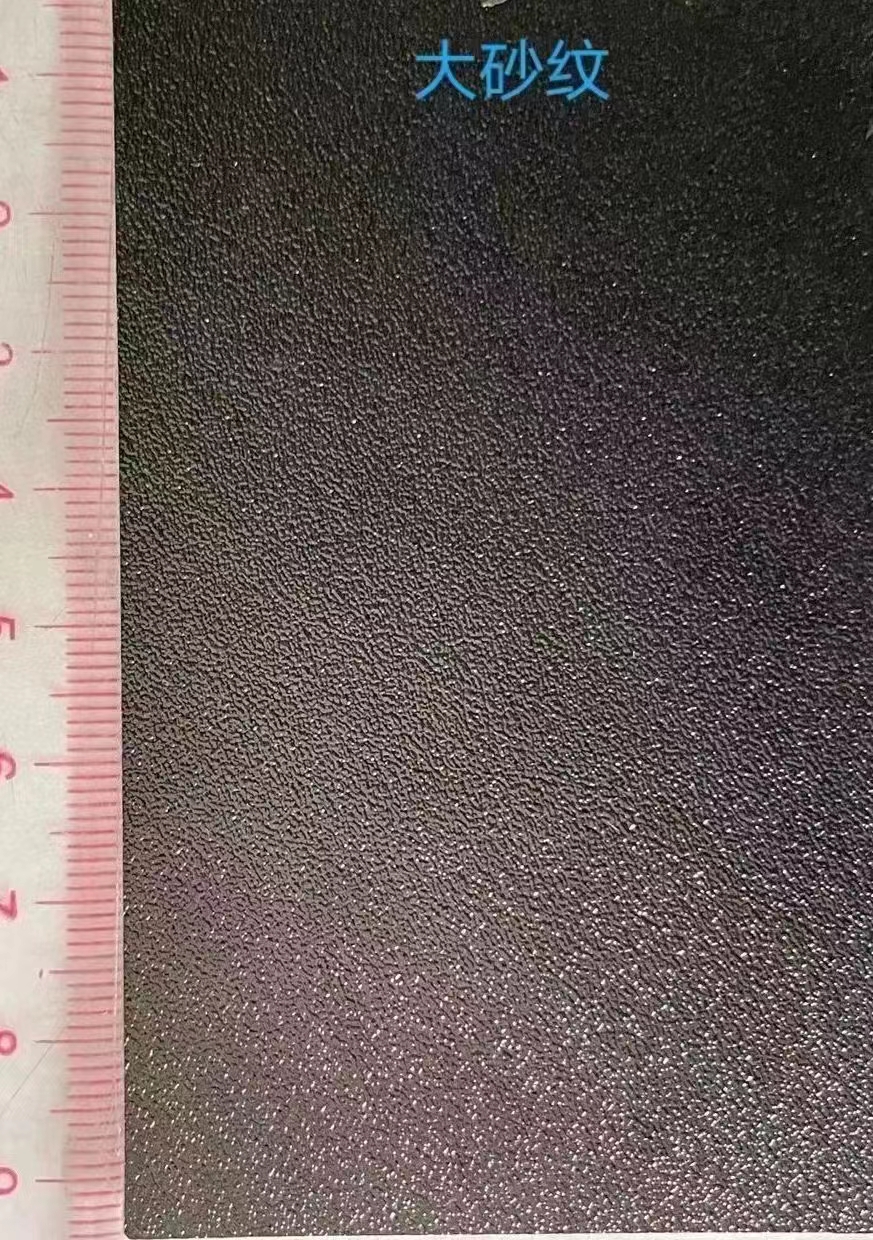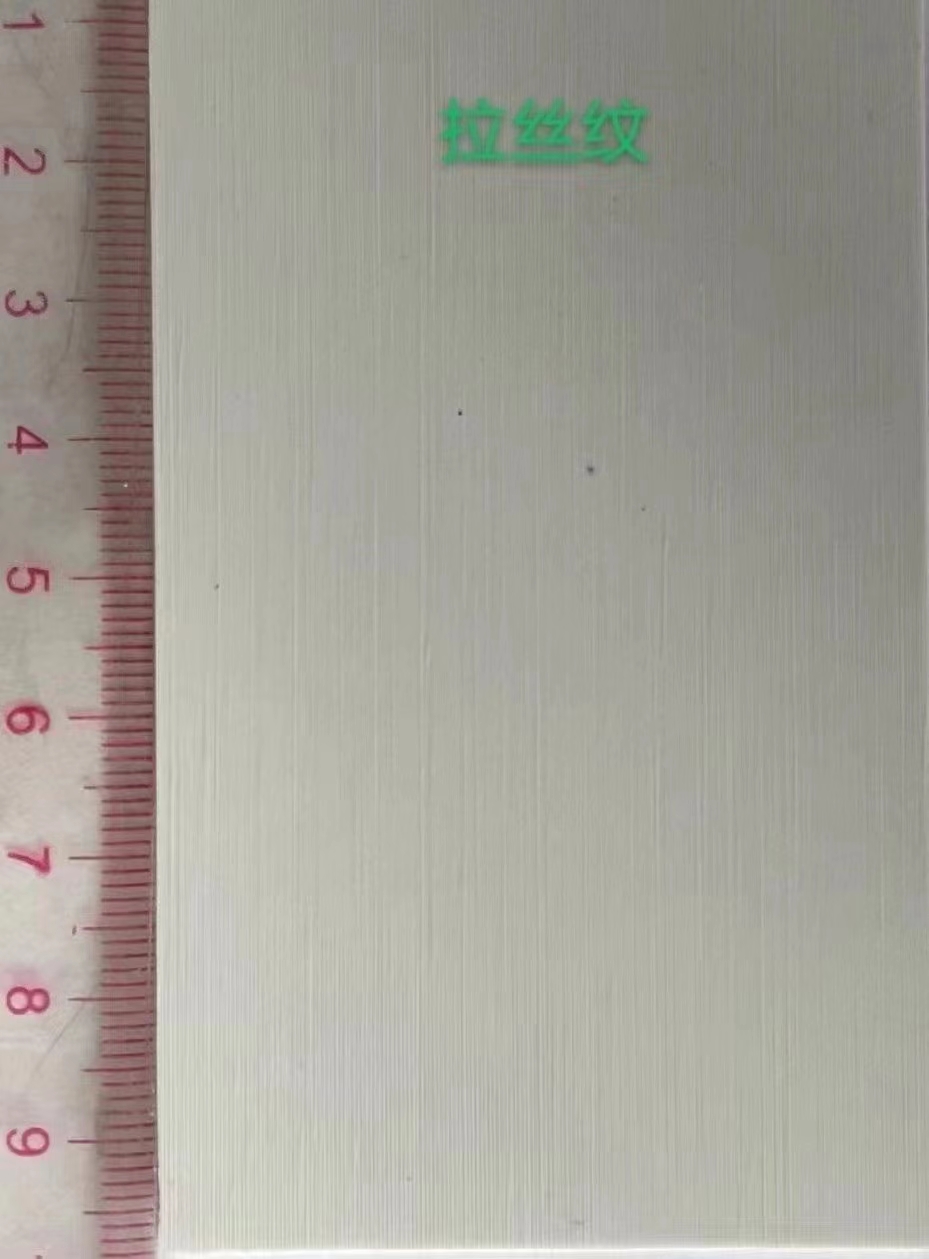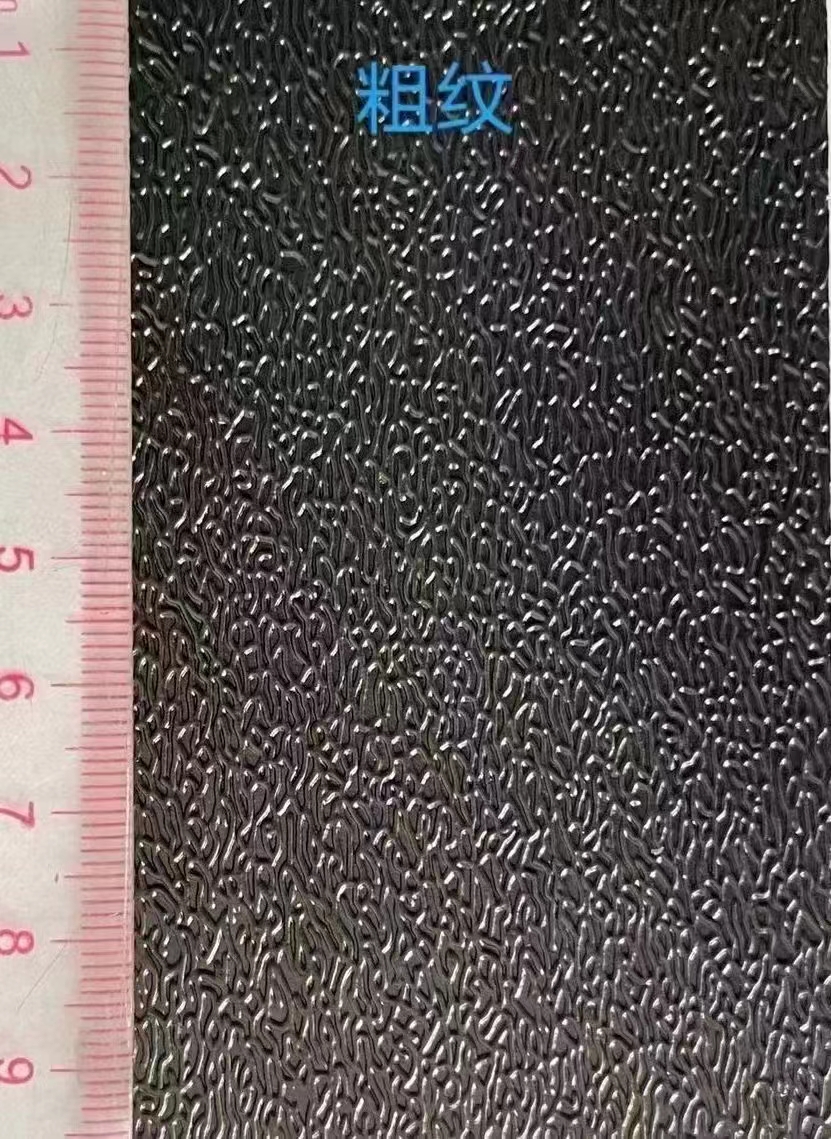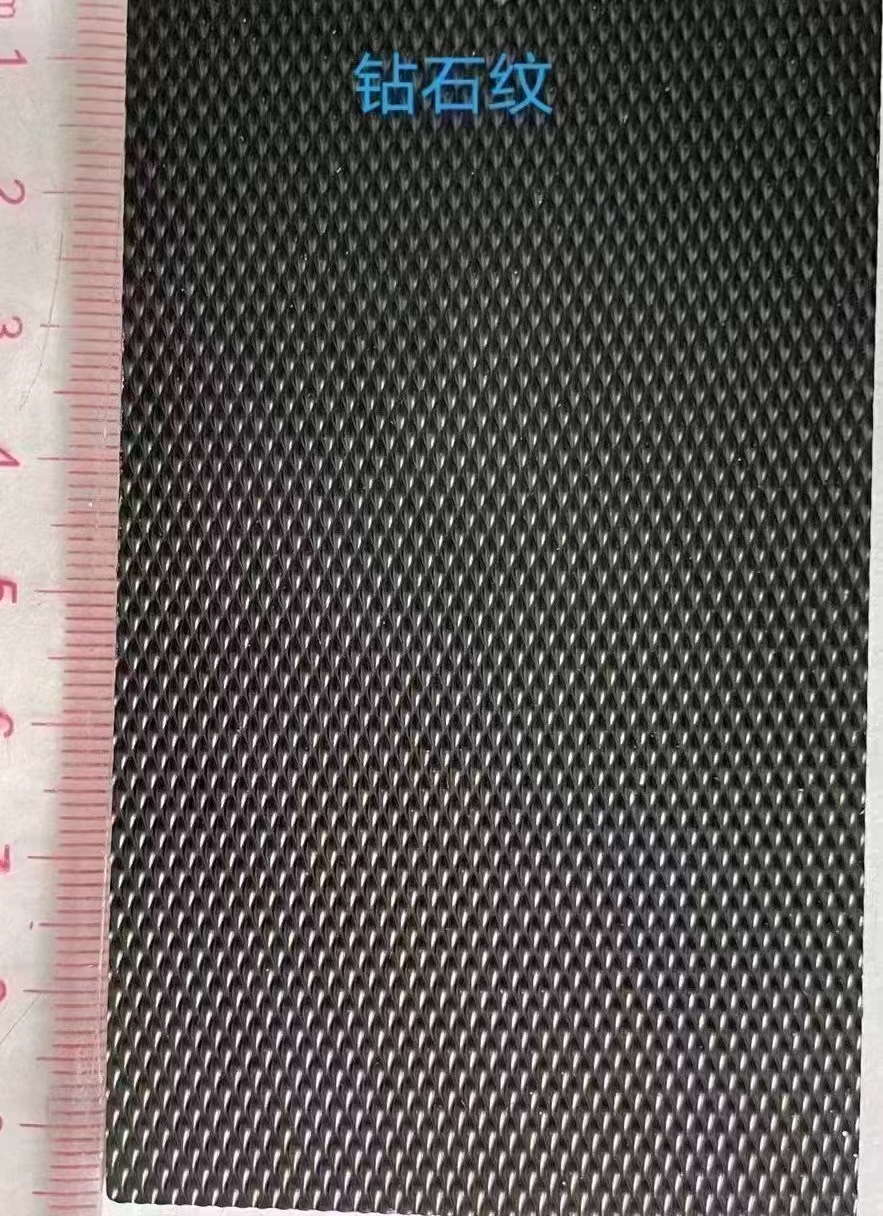Extruding ABS plastic film for vacuum forming products
Extruding plastic film for vacuum forming products involves a multi-step process. Here is a general overview of the steps involved:
1. Material Selection: Choose the appropriate plastic material for the desired application. Common options include polyethylene (PE), polypropylene (PP), polystyrene (PS), and polyvinyl chloride (PVC).
2. Resin Preparation: The chosen plastic resin is mixed with additives, colorants, and stabilizers to achieve the desired properties and appearance. This step can be done in-house or by purchasing pre-compounded resin.
3. Extrusion: The resin is fed into an extruder, which is a machine consisting of a heated barrel with a screw inside. The screw rotates, melting the resin and pushing it through a die to form a continuous plastic film.
4. Cooling and Sizing: The extruded film is cooled using air or water to solidify it. It then passes through sizing rollers, which control the thickness and width of the film.
5. Winding: The cooled and sized film is wound onto large rolls, ready for further processing or shipment to customers.
6. Quality Control: Throughout the extrusion process, quality control checks are performed to ensure the film meets the required specifications. This may include measuring thickness, width, and mechanical properties.
Once the plastic film is extruded, it can be used for vacuum forming products. In vacuum forming, the film is heated and placed over a mold. A vacuum is applied, causing the film to conform to the shape of the mold. After cooling, the formed product can be trimmed and finished as needed.
It's important to note that the specific details of the extrusion process may vary depending on the type of plastic being used and the equipment available.
